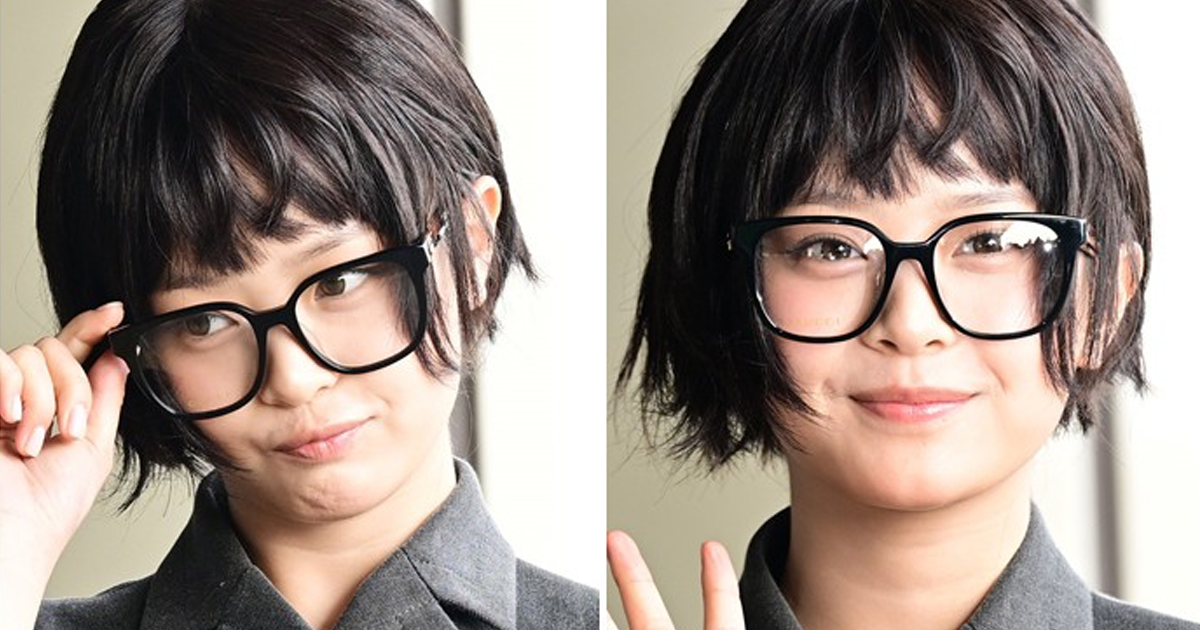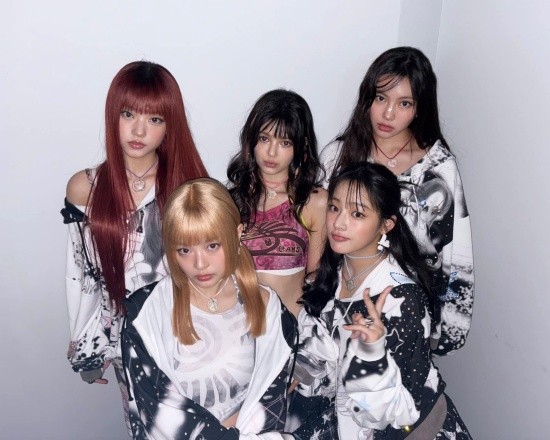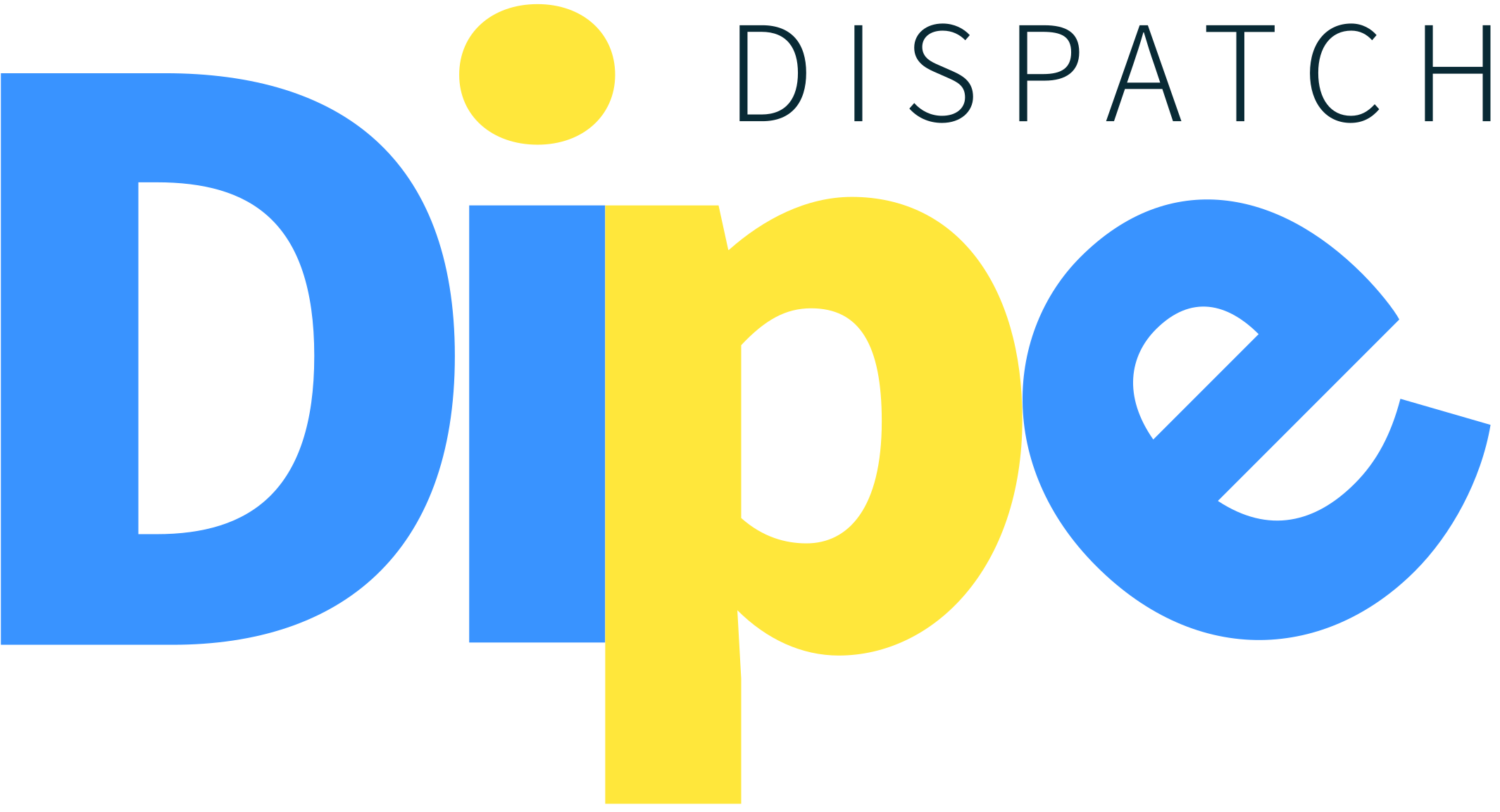
The South Korean Ministry of Employment and Labor has concluded that allegations of workplace harassment involving NewJeans member Hanni do not constitute a violation under current labor laws. This decision has caught the attention of international media, including the BBC.
On November 21 (KST), the BBC reported, "South Korea's Ministry of Employment and Labor stated that 'celebrities are not considered workers under national labor law and therefore are not entitled to the same rights as regular employees.' While this decision has faced significant criticism, it is not seen as surprising within the industry."
The report referenced the YouTube Live broadcast in September where NewJeans members spoke about alleged bullying and harassment within HYBE. It also highlighted Hanni's statement during her testimony at a National Assembly audit session on October 15, where she said, "It's not just my feelings—I'm convinced the company doesn't like us."

The BBC pointed out the absence of specific legal protections for celebrities and artists in South Korea, citing experts who stressed the urgent need for reforms to address longstanding issues in the entertainment industry.
On November 20, the Ministry of Employment and Labor revealed that the Seoul Western District Office had dismissed the workplace harassment claim filed by fans on Hanni's behalf, citing that she does not qualify as a "worker" under the Labor Standards Act. According to the ministry, Hanni's management contract does not establish an employer-employee relationship as defined by the law, which includes providing labor in a subordinate relationship for wages.
Under Article 76-2 of the Labor Standards Act, workplace harassment is defined as behavior that causes physical or mental suffering or worsens working conditions by exploiting one's position or relationships at work. However, the law only applies to individuals recognized as "workers" under the act.
The case highlights the gap in legal protections for entertainers, with many calling for legislative updates to include celebrities and artists under workplace harassment regulations.



